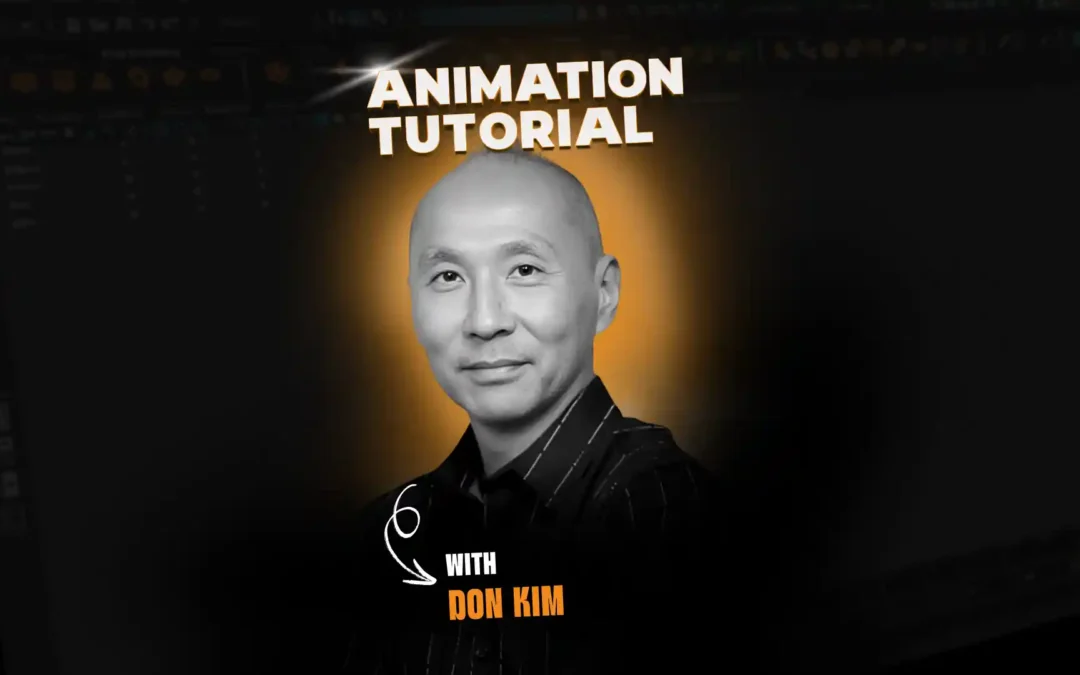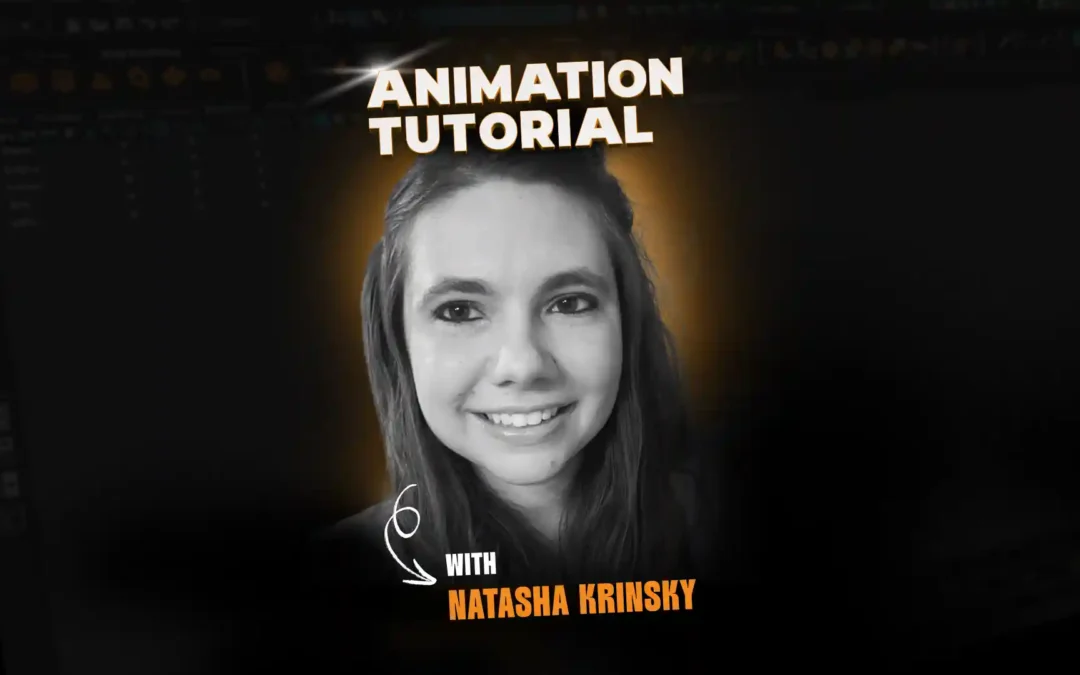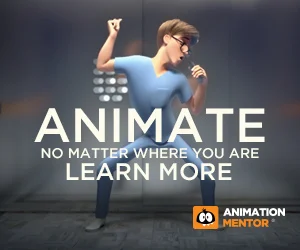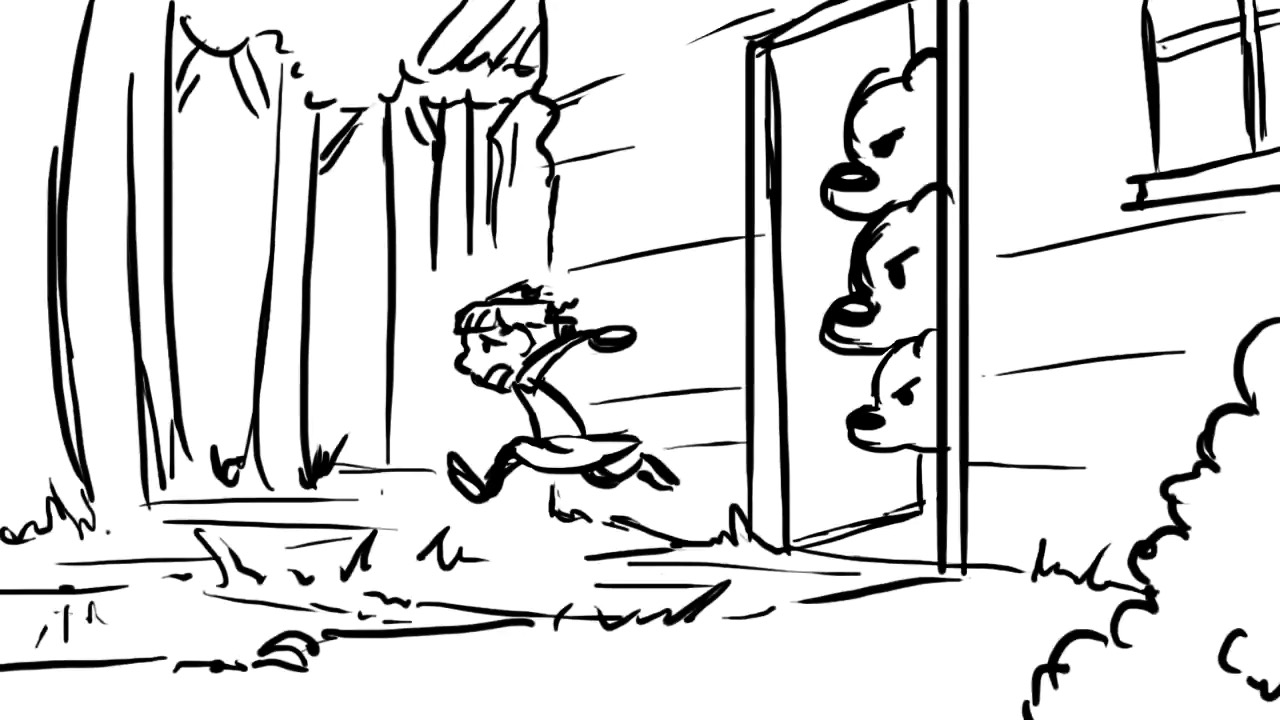
We asked star student Amanda Robertson to share her experience taking Storyboarding Fundamentals with the legendary Mike Kunkel! Find out what she learned and how you can apply storyboarding to your career!
Animation Mentor: Tell us a bit about yourself!
Amanda: I got into the industry because I loved Looney Tunes. I thought I wanted to be an animator actually, but once I got my first job in 3D layout, I fell in love with it. When I’m not doing visual storytelling at work, I’m usually watching movies at home or practicing my verbal storytelling through D&D. When I want to switch up my creative outlets, I sew and when I start spending too much time hermitting in my apartment, my dog pulls me out of the house.
AM: Where do you currently work and what do you do?
Amanda: I’m a 3D layout and previs artist working in Toronto at Guru Studio.
AM: What’s the most challenging project you’ve ever worked on at work and why?
Amanda: We worked on a preschool show called Justin Time when I first started there and it was challenging because it was a hybrid 2D/3D show so you had to be really careful with the camera moves so you didn’t skew anything on screen.
AM: What made you decide to take Storyboarding Fundamentals?
Amanda: I’ve always loved storytelling and with my work in layout I’ve come to know visual storytelling rather well. Learning storyboarding seemed like a natural branch off from that kind of work so I was curious to try my hand in not only a completely 2D drawing experience but also getting to experience what it’s like to work without any visual guide for shots like I have in layout.
AM: What did you learn from the workshop?
Amanda: The biggest thing I learned was how much one drawing can expression. If you plan it well and have strong posing, you can give the audience all kinds of information about what’s going on, even if it’s adding something to the background. The next biggest thing I learned is that actions require more frames of drawing than I expected, but it’s worth the effort in order to be clear. Also thumbnails are really worth the time. Quick drawings let you keep the flow of an idea going. Once the idea is out of your head you can go over it and switch things around and edit where you need to.
AM: What was it like learning from Mike Kunkel?
Amanda: One of my favourite things about Mike was how friendly and down to earth he was. It wasn’t intimidating at all to engage with him nor did it feel abrasive getting critiques from him.
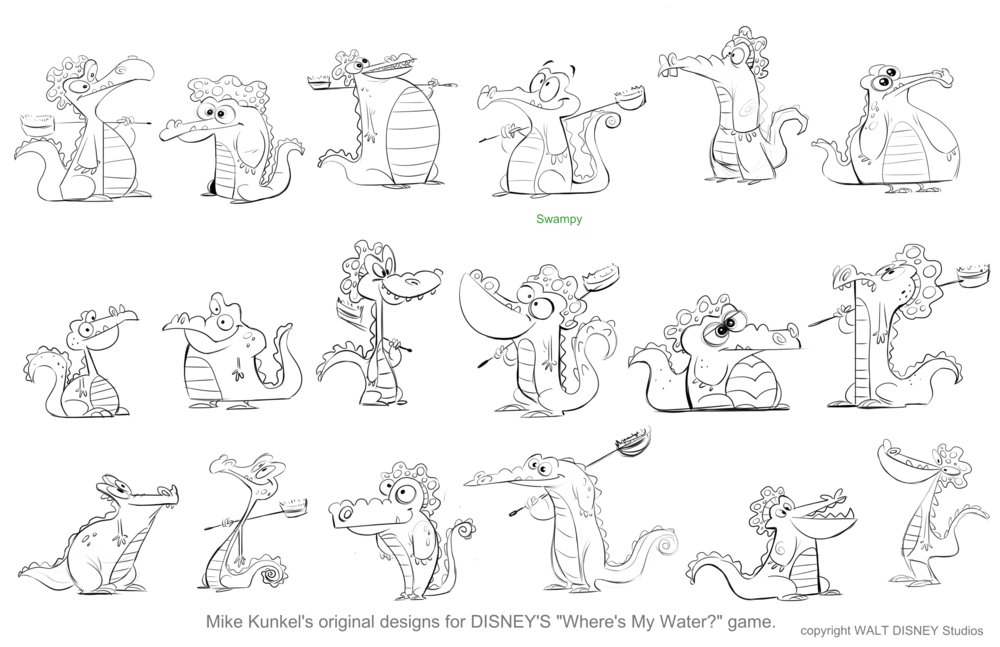
AM: What’s the main thing you learned that you’ll use at work and/or in the future?
Amanda: My current job doesn’t have any drawing aspect to it, but I think I can better understand what a board artist is thinking now when I get their work on a production. It was also a good reminder that there are many ways to tell the same story so feedback can be really eye opening.
AM: What advice would you give students thinking of taking Storyboarding Fundamentals?
Amanda: I think this workshop is great for people who don’t have a lot of knowledge on what storyboarding is like or how many different careers could come from it, but don’t expect to be able to pick up everything you need to get employed as a board artist from this. This is a great course for dipping your toe in the water and seeing if you want to jump in. Also, I talk a lot about what I learned about drawing in this workshop because that was a big part of why I took the course, but Mike’s focus was on teaching us to be clear. It isn’t necessary to have great drawing skills in order to learn from this workshop. He also goes over shot types and some basic film language as well as setting up gags.
AM: What are your storyboarding goals for the future?
Amanda: Right now I just want to try my hand at being a storyboard revisionist, but I did enjoy our assignment on beat boards so I would be curious to explore that too. If I don’t end up getting into storyboarding professionally, I think this experience will help me with my own hobbies, like making short comics.
AM: What kinds of stories would you like to see more of?
Amanda: I’m a big fan of adventure stories and exploring, so more Indiana Jones or Tomb Raider kinds of stories would be awesome to see.
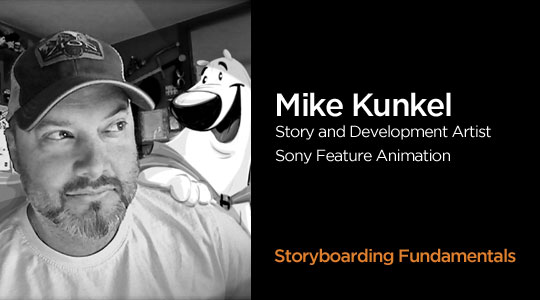
Learn Storyboarding Fundamentals from award-winning cartoonist Mike Kunkel, who has worked as a director, story and development artist, character designer, screenwriter, and animator at studios like Warner Bros, Nickelodeon, Cartoon Network, Sony Entertainment, Universal Pictures, and Walt Disney Studios.
In this 6-week workshop, you’ll focus on staging to show emotion and convey mood. Learn foundational techniques for staging, clarity, emotion, and other fundamental principles for telling compelling visual stories. Remember, even cool animation can’t save a boring story.
